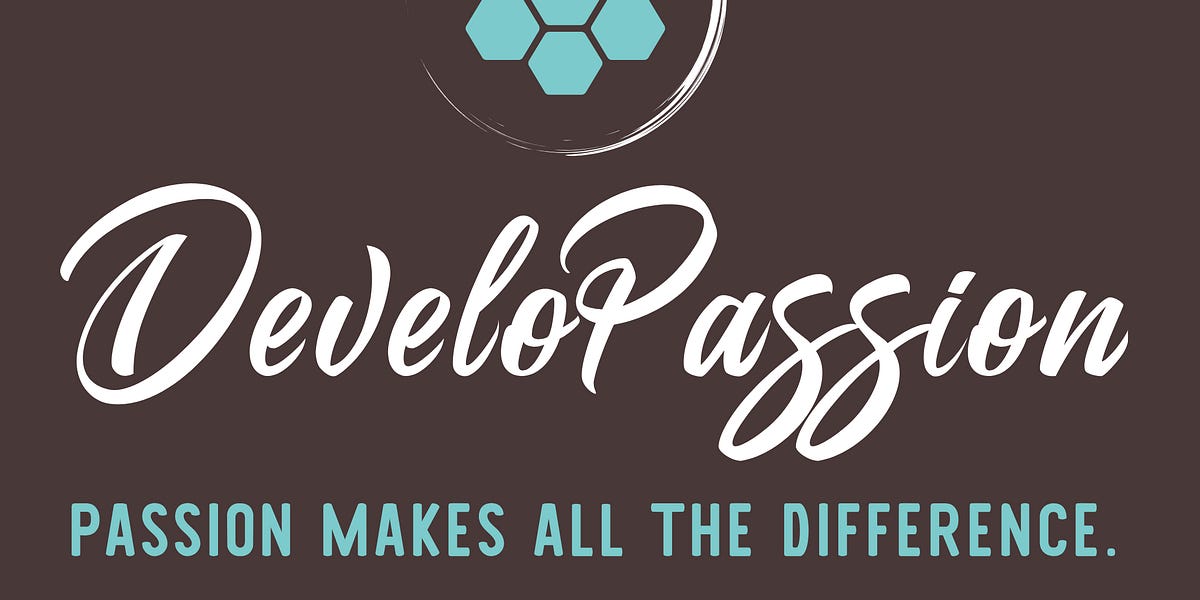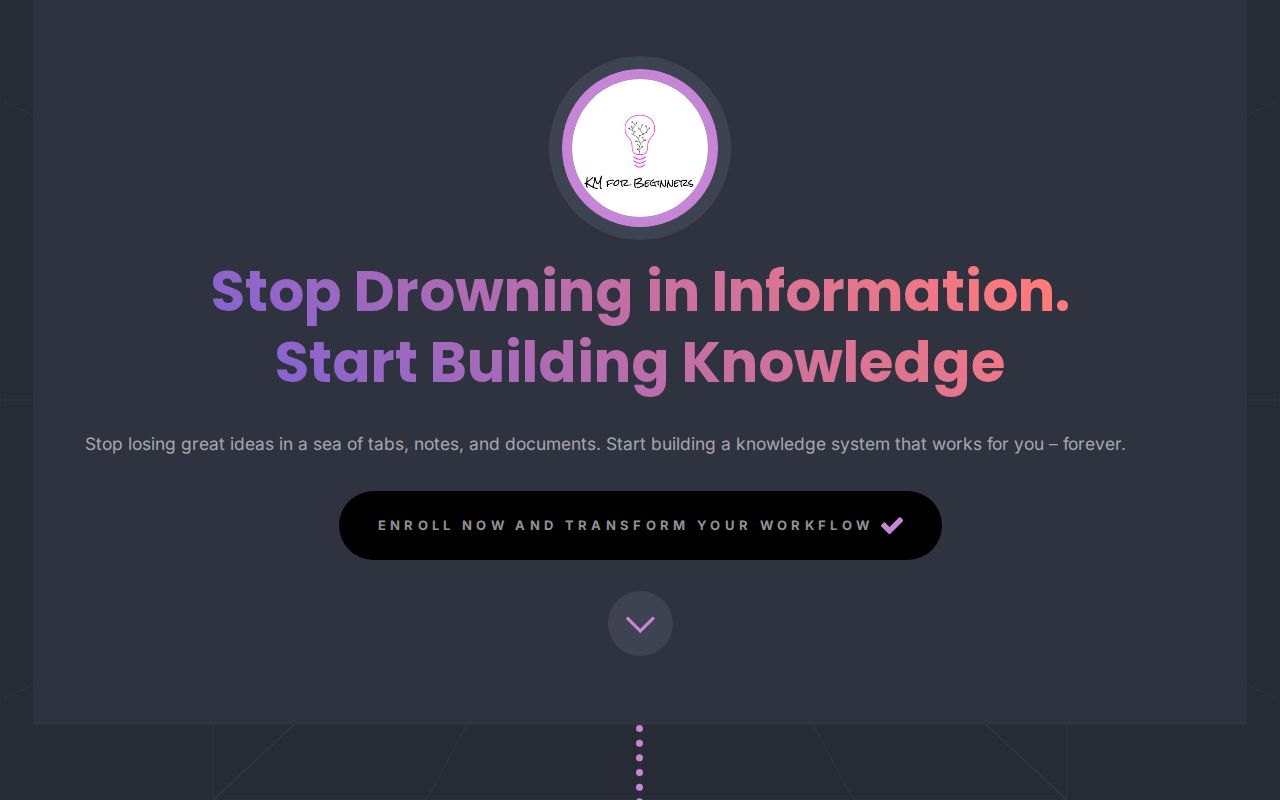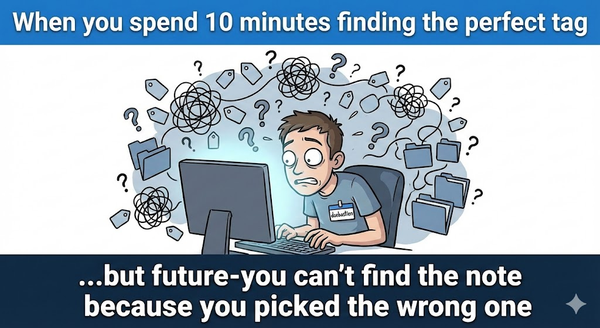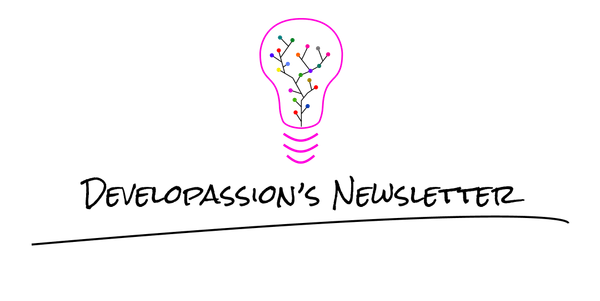The Reasons I'll Never Switch from Obsidian to Tana
Tana and Obsidian are both awesome. But not for everyone. Here are the reasons why I choose Obsidian over Tana

Tana and Obsidian are both awesome. But not for everyone. Here's why I'll keep using Obsidian.
This is a short opinion piece. Don't expect an in-depth comparison. And don't get me wrong. I'm not bashing. Tana is really excellent. It's just not for me (and maybe not for you either).
Let me listen to this 🎙️
I have used AI to generate a podcast version of this article. You can find it here:

Why Tana is Great
In the last few years, Tana has gained a lot of popularity, and for good reason. It's a solid product, with a great user interface and user experience. It has first-class AI support, a solid data model, and a ton of valuable built-in features (e.g., supertags, custom views, fields, advanced search, daily notes, templates, workspaces, collaboration, commands, an API, third-party integrations, etc).
Tana has everything a power user might want in a Tool for Thought. And it's all built-in. No need to install 300 extensions to get the job done. And that's great.
So what's not to like?
The Showstopper
I personally use my knowledge management tool for personal and professional reasons. My knowledge base contains tons of information that I consider public (I share tons of notes for free on the Web), but also very sensitive information about myself (e.g., my thoughts, my physical/mental health, my relationships, my family & kids, ...) and about my ongoing projects.
While I'm not the most privacy-sensitive person in the world, I do consider that information to be precious and to be kept under my control at all times. Thus, de facto, SaaS platforms such as Tana are a big no no.
There are many aspects to this, such as where and how the data is actually stored, how it is secured (e.g., Is the data encrypted at rest? Who has the keys? What is audited or not? Are the systems configured correctly and hardened? How so?), who can access it, how, where it transits to, etc.
Moreover, Tana is a VC-funded startup. It might later be acquired/merged into another corporation. And who knows what happens then. Just look at what happened with Evernote.
This is the core reason why I don't want to use Tana, or any other proprietary SaaS platform for that matter.
In the case of Obsidian, things are clear. Your data is and will always remain yours. It stays on your device at all times, under your control. It's up to you to protect it adequately. Also, the Obsidian team has published multiple independent security audit reports and has been super transparent about those. And that means something. They care deeply about your privacy AND security.
Data Life Expectancy, Portability & Vendor Lock-in
Another major reason why I don't want to use Tana or other proprietary SaaS platforms for Knowledge Management is the fact that the way in which my data is stored/represented on those platforms is opaque/unknown.
In the vast majority of cases, even if data exports are supported, there's a mismatch between the internal data model and the exported representations. Since the platform is proprietary, the data is bound to contain proprietary information/data structures/... Anything in your usage of the platform that "only works there" will be lost in translation.
If you've been using Tana heavily for a long time, switching to something else is going to be really painful. Many people at that point would actually just decide to pay whatever is being asked out of them, and that's a tough choice and a tough place to be in. You don't want that.
In my knowledge management course, one of the key recommendations I made around choosing tools is to (1) pay attention to data privacy, security, and portability, and (2) to favor open solutions and open file formats.

Yes, you may be able to export your data to Markdown or JSON. And yes, you might very well recover 70-80% of your data. But you will lose various planes of information that might be precious to you. And the more you leverage the advanced/specific features of the platform, the more you'll lose if/when you decide to move elsewhere.
VC-funded startups have an incentive to lock you in, either "gently" or not. It's not necessarily that they want or try to, but it's inherent to the business model.
To be honest, this applies to Obsidian as well, although indirectly. Obsidian applies the File over app principle. It uses an Open data format (Markdown), ensuring that your data will always remain usable in the future, whether you continue using Obsidian or not. But through community extensions, you might very well lock yourself in too. The thing is that in the case of Obsidian, you have the possibility to avoid that lock-in if you make careful/conscious choices.
Whenever I see powerful new and shiny features on SaaS platforms, I think about what it means in terms of vendor lock-in.
Lastly, apps, platforms and companies die or change. What you enjoyed might disappear or change in drastic ways, for better or worse. So, at some point, you might either HAVE to move because the service disappears, or WANT to move because it's not "for you" anymore. And you need to think about that long before it happens. You need an exit scenario. One that will not be too painful/costly.
In the case of Obsidian, you can just open your files with another app and get on with your life. Yes, you'll probably lose a few bits here and there if you have used more advanced features (e.g., embedded search queries), but in most cases it should be minor, assuming that haven't locked yourself in through extensions.
Price Hikes
Another reason I avoid SaaS platforms such as Tana and limit the number of cloud services I rely on is price hikes.
Tana, like all businesses, need to focus on profitability. And VC-funded businesses have an even bigger incentive. At some point, investors want a return on investment. And one of the levers to increase revenue is to increase prices.
I'm not criticizing that. It's normal. But if you choose a platform that locks you in either lightly or badly, then you'd better make sure you want to stay there for a long time, and that you're ready to pay more.
Customizability & Extensibility
Another aspect I care about a lot for my knowledge base is extensibility. I don't want to be limited by what the platform has to offer out of the box or by what they enable through APIs.
Yes, Tana has an API. But can it do anything you want with your data? Unfortunately not. All APIs have limitations (feature-wise and rate-wise). As far as I can see in the current documentation (2025-07-02), there's an Input API with important restrictions (e.g., one call per second per token, limited payload size, will not sync on large workspaces). Basically, you can get data in, but not get it out. Oops. Of course this will surely change over time. But that's a big limitation. Also, as far as I can see, there's no way to extend or modify the user interface, add/modify features, etc.
The problem with limited customizability & extensibility is that you fully depend on the team behind the product. Of course, too much customizability/extensibility can also be an issue, but I would argue that it's a better problem to have!
As a developer myself, this is very limiting, because it means I have no way to make my knowledge base more powerful.
Again, with Obsidian, things are very different. Obsidian is highly extensible and customizable. As a user, I can customize the look and feel, but also install and use thousands of community extensions. Importantly, the community around Obsidian is able to contribute, and create almost anything they want.
This makes Obsidian pretty unique, because there's a vibrant ecosystem, and ways to do a lot more than what the core feature set of Obsidian enables. The limiting factor is not the team behind Obsidian. If the community gets wider and more creative, then the ecosystem will also expand/improve.
With Obsidian, it's also possible to install extensions in other ways. So I could for instance develop a plugin just for myself, and use it or pass it to others in different ways. This enables even more advanced scenarios.
Extensibility matters a LOT to me, so I care about this. You might not. That's fine. But consider that, at some point, you might want to be able to do X. And if X is not on the product team's roadmap, then you'll be stuck. And that's not the case with Obsidian.
So, pay attention to customizability, extensibility and even hackability, the ability to work around limitations on your own or with the help of the community.
Account Loss & Data Loss
Two more things I consider when choosing tools and platforms, that are relevant in this discussion are:
- What happens if I lose access to my credentials/associated account(s)?
- What happens if they screw up?
With Tana, you can log in with different providers: Google, Apple, GitHub, & Microsoft (as of 2025-07). That's cool. That's something I rely on for many online services. But what happens if my account is associated with one of those, and I lose access to that account or it gets stolen? At that point, I'd be in a really bad spot, given how precious my knowledge base is. Yes, I might be able to recover access somehow, but that's clearly not guaranteed.
Also, if the operations team behind the platform screw up, or if their cloud provider screws up. What happens then? How certain can I be that my data will be recoverable? And even if that's the case, how fresh will that data be and how long will it take for me to get my access back? What do I do during that time frame if my business or team relies on that knowledge base?
Now I know, this discussion applies for all online services. I'm not bashing Tana. These are tough problems. Nothing can be fully bulletproof. There's no silver bullet.
With Obsidian, since the data is local, there's no issue to consider around online accounts being lost or stolen. But the issue around backups, Recovery Point Objective (RPO) and Recovery Time Objective (RTO) remains. And that's something important to keep in mind if you choose Obsidian.
I discussed my Obsidian backup strategy before: How I synchronize and backup my Obsidian notes

Offline & Performance
One pet peeve I have with many online solutions is that they either don't work offline at all, or only in degraded mode. Offline-first apps are very rare.
I had hope this would evolve, and that more apps/systems would be built in an offline-first way, but it's not happening. And Tana is no exception. It has no offline mode. So either you have Internet access (and they're up and running) OR you have NOTHING.
Is it a problem? Depends. To me, it's a BIG issue. If I'm on a plane or in a train and need my knowledge base but don't have a reliable Internet connection, or not connection at all, I still want to be able to work.
Obsidian runs locally on your machine. It's offline-only. And that's great.
First because as long as you have your files, you can work (either via Obsidian or using any other text editor since it's using an open data format).
Second, because it's great for performance as well. When I decided to move from Notion to Obsidian, performance was a major factor for me. Obsidian felt so much faster. And it stills feels just as fast now that I have 10K+ notes in my system.
This second point is highly important to me because writing IS thinking. And if the tool doesn't let me write fast enough, then it's hindering my thinking.
AI Integration
To me, AI integration in Tools for Thought is not an option anymore. It's a complex topic that we can discuss another day, but to make my point here, let's put that aside, and start from the idea that it's a must.
The good news is that, as the team behind Tana puts it, "Tana was always meant to work with AI". It was built to be "AI-native", and that's great. AI integration is pervasive in Tana: meeting agent, chat with your knowledge, speech to text, AI actions/commands, access to different AI models, ... So for people like me who need AI integrations, that's cool.
But AI integration can mean many things. Currently (again, as of 2025-07), Tana's AI integration, while impressive, remains limited in many ways.
First of all, AI in Tana requires a paid plan. But even if you have a paid plan, you only have a limited number of "AI credits" each month that roughly corresponds to 22x30 min meetings, 125 AI generated images, 570 blog posts, 25 hours of transcribed voice. That's generous, but for heavy users like myself, that might not be enough.
Second, and more importantly, you cannot use any AI on the market with Tana. For many AI features, you are limited to the set of models that Tana works with, currently OpenAI, Claude and Gemini. That will of course evolve, but that means you cannot Bring Your Own Key (BYOK) for any other AI you might already be using/paying for. Moreover, it means that you can't use AI models that are fully under your control.
Obsidian on the other hand does not come with AI features, which can be seen as a drawback in comparison to Tana. But again, through the community extensions, you can actually get quite advanced AI features, albeit with a weaker user experience and less cohesion (e.g., AI Tools I use). What's nice is that many of the AI community plugins for Obsidian is that they work with various AI providers and models. For instance, I can connect AI models that I have installed locally using tools such as Ollama, LM Studio or Simon Willison's llm CLI), as well as any models that are available via OpenRouter. Or I can also use the "big" providers such as OpenAI, Anthropic, Gemini, etc.
Thus, Tana clearly wins in terms of UX and feature set, but loses when it comes to openness, interoperability and to some extent, data privacy/security/control/ownership. And I care a lot about that.
Content Curation
AFAIK, Tana has no official app or browser extension for curating content (e.g., interesting Web pages). There are a few open source options provided by the community, but nothing "great". From my understanding, the best option consists in using Readwise and the official Tana integration. That's fine if you're already using Readwise. If not, then it's an additional cost to consider.
Obsidian has the Obsidian Web Clipper. And given how it works, it may actually be useful for Tana users as well, if they're willing to jump through some hoops.
But this is not a biggie in comparison to the other points I've made.
Conclusion
As I said at the beginning of the article, my current choice is Obsidian. And I don't intend to switch to something else anytime soon. I have all I need with Obsidian: control, privacy, security, power and freedom. It's not only about the open file format. It's the entire philosophy behind it that matters. The File over app principle is highly valuable. It's not a panacea, because I believe we could/should go even further, but it's a solid starting point.
The thing is that I'm not chasing the silver bullet. There's no such thing. I'm not interested in the new and shiny either. Life's too short to fall for the Shiny object syndrome. And I don't mean that Tana should be ignored. Far from it. It's valuable, it's powerful, and anyone can tell it's built with love by passionate builders. That's not the point.
The point is that a Knowledge Management System is something that you should consider as a lifelong activity. Something that you want to keep, grow, and leverage for the rest of your life, and not throw away after a few months. And when you think about it that way, you see apps and platforms in a very different light. That's one of the many points I focused on in my course.
That's it for today! ✨
About Sébastien
I'm Sébastien Dubois, and I'm on a mission to help knowledge workers escape information overload. After 20+ years in IT and seeing too many brilliant minds drowning in digital chaos, I've decided to help people build systems that actually work. Through the Knowii Community, my courses, products & services and my Website, I share practical and battle-tested systems. You can follow me on X 🐦 and on BlueSky 🦋.
I am an author, founder, and coach. I write books and articles about Knowledge Work, Personal Knowledge Management, Note-taking, Lifelong Learning, Personal Organization, and Zen Productivity. I also craft lovely digital products.
If you want to follow my work, then become a member and join our community.
Ready to get to the next level?
If you're tired of information overwhelm and ready to build a reliable knowledge system:
- 🎯 Join Knowii and get access to my complete knowledge transformation system
- 📚 Take the Course and Master Knowledge Management
- 🚀 Start with a Rock-solid System: the Obsidian Starter Kit
- 🦉 Get Personal Coaching: Work with me 1-on-1
- 🛒 Check out my other products and services. These will give you a rock-solid starting point for your note-taking and Knowledge Management efforts






